Vegetables are on trend in 2016
Many urbanites’ New Year’s resolutions likely involve eating better and incorporating more vegetables in their diet. Fortunately, there are more and more resources for those who are looking to eat cleanly in 2016. Patrick Ahern of Baldor Specialty Foods, one of the largest produce and specialty food distributors in the northeast and Jon Eisen of Between The Bread, iconic NYC eatery have shared some of their predictions for upcoming vegetable trends as well as recommendations for how to incorporate more produce in your diet.
Veggies Take Center Stage
According to “Produce Pat” Ahern of Baldor Specialty Foods, a major trend this year will be restaurants moving vegetables to the center of the plate due to consumer demand.
According to Jon Eisen, this trend is partially due to environmental concerns and the negative impacts associated with the livestock industry, as well as the flavor profiles of vegetables. “People want more natural and pure vegetable preparations, they want to know it’s farm-fresh and wholesome,” Eisen adds.
To incorporate more veggies into your diet, Ahern says, “Buy more and diversify so you try items you have not had before. I challenge any meat lover to eat a black bean burger and not enjoy it. Buy less meat to help encourage your vegetable choices, try wild mushrooms for a center plate item, with pasta or even without. Often you have an organic choice, the health benefits are encouraging and it is simple to make, roast with olive oil, salt and pepper, done or add to eggs and scramble.”
Eisen agrees, you should spice things up and try roasted veggies, shredded and baked veggies, don’t just eat a bed of leaves with toppings.
The Rise of the Locavores
According to the National Restaurant Association, locally sourced meats and locally grown produce are on trend for 2016. As we saw in 2015, consumers are becoming more mindful of what’s in their food and where it’s from.
This year, we can expect more restaurants switching to a local menu – and customers reaping the benefits as such.
In fact, Eisen suggests that a seasonal diet is a more well-rounded, well-balanced and healthier diet, and inevitably, probably better for the environment. ”Be sure to eat produce that’s in season locally. Let go of kale in the late winter and eat delicious root vegetables and grains instead.”
















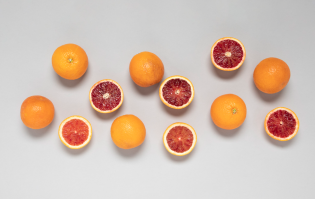
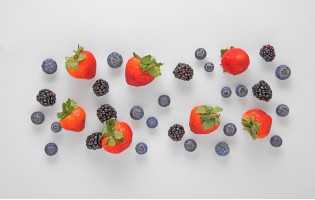
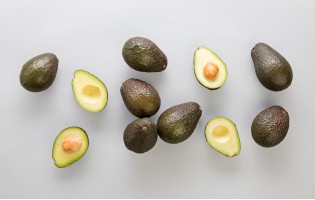

































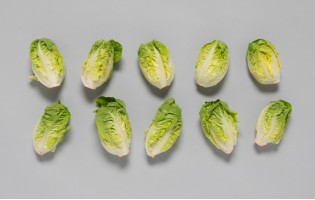
































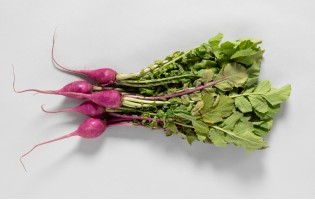




























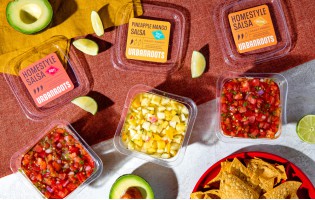



























































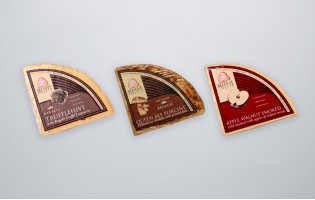

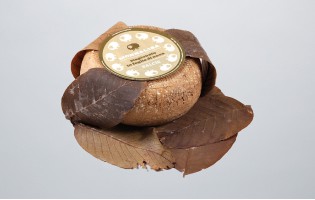





























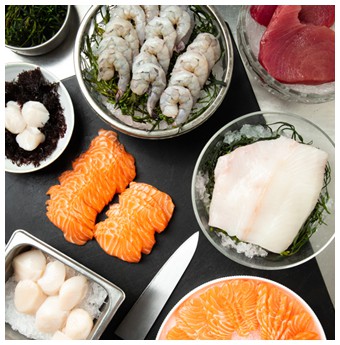
 Fruits
Fruits  Organics
Organics  Vegetables
Vegetables  Fresh Cuts
Fresh Cuts  Meat & Poultry
Meat & Poultry  Grocery
Grocery  Dairy
Dairy  Cheese
Cheese  Bakery
Bakery  Seafood
Seafood 